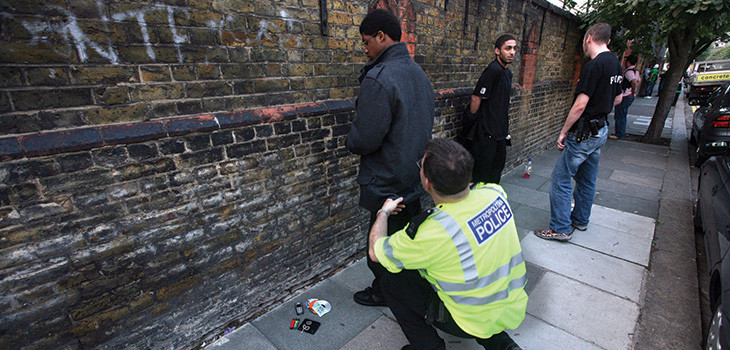06 December 2024

How exactly are the police using their stop and search powers? In this week’s NLJ, Neil Parpworth of Leicester de Montfort University crunches the numbers and drills into the detail to uncover a less-than-rosy picture.
Parpworth finds that, while the annual total for the past three years has been fairly consistent, Black people were nearly five times more likely than White people to be stopped and searched.
He writes that the ‘hit’ rate or arrest rate ‘following a stop and search has demonstrated very clearly that the police often do not find what they were looking for’. During the past 23 years, the total arrest rate has ranged from a low of 7.8% to a high of 17.1% in 2016/17 and 2017/18. Parpworth notes, therefore, that ‘since these years saw the lowest and next lowest use of stop and search powers, the figures show that when they are used in a more targeted manner, such powers are capable of producing more effective results’.RELATED ARTICLES










